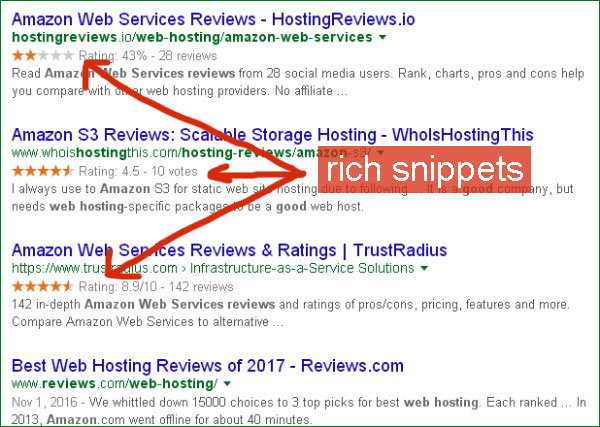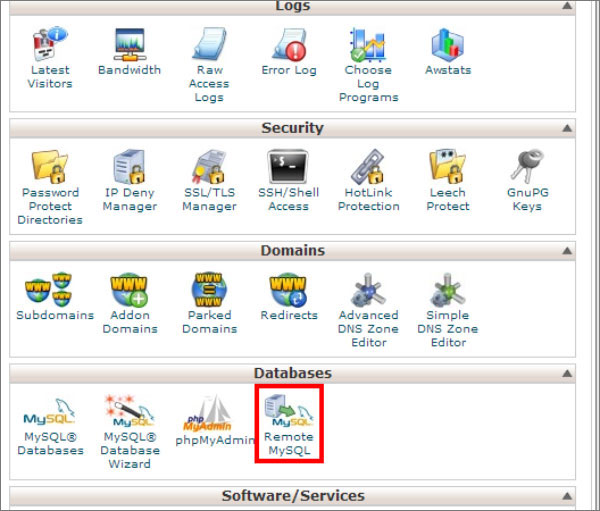There are several scenarios when you would want to export content from a WordPress blog or website. First note that here I am talking about a self-hosted site. This means that you’ve got your own domain name registered along with your site database, and web files reside on your own paid hosting account. This then isn’t the free version of your blog hosted by WordPress. com. If you are finding it little difficult to grasp, then you should search online about the actual differences between WordPress.com and WordPress.org.

You create your individual database using WordPress for a self-hosted blog or internet site. It took me quite a long time to figure out that technically a blog and a website are essentially the same. This is why some people refer to a website or possibly a blog simply as a “site”.
The reasons for exporting this data can include creating a backup file of the website, or transferring your files derived from one hosting account to another. This will help you from the burden of going through the whole process of completely building up a new website from the scratch. These are the two most common reasons. Another situation may be that you want to copy your settings in order to make it quicker to produce another or similar site while using same basic configuration.
However, exporting content alone is not going to retain your settings. Nonetheless, if exporting content is all that’s necessary then just follow the actual instructions here, as there are no illustrations available in this post. Exporting your content to a new blog or platform is really quite simple to accomplish:
Once you login to the WordPress dashboard, go to the left hand side bar and find “Tools”and then head on to “Export” in the direction-finding tabs to download an XML file of this content. The format is named a WordPress eXtended RSS OR ATOM or WXR file. Remember that this file will only retain the text for your content, pages, comments, categories and tags.
You also can make regular backups from the hosting account cPanel, or as a last resort you can depend on your hosting company for a backup of your server, which they typically copy once every seven days. Also note that should your hosting company bring back your website, there will most likely be an extra charge for this. Another issue here is that you’re going to probably not retrieve all your plugin configurations, custom settings, or any embedded photographs, graphics, and videos.












